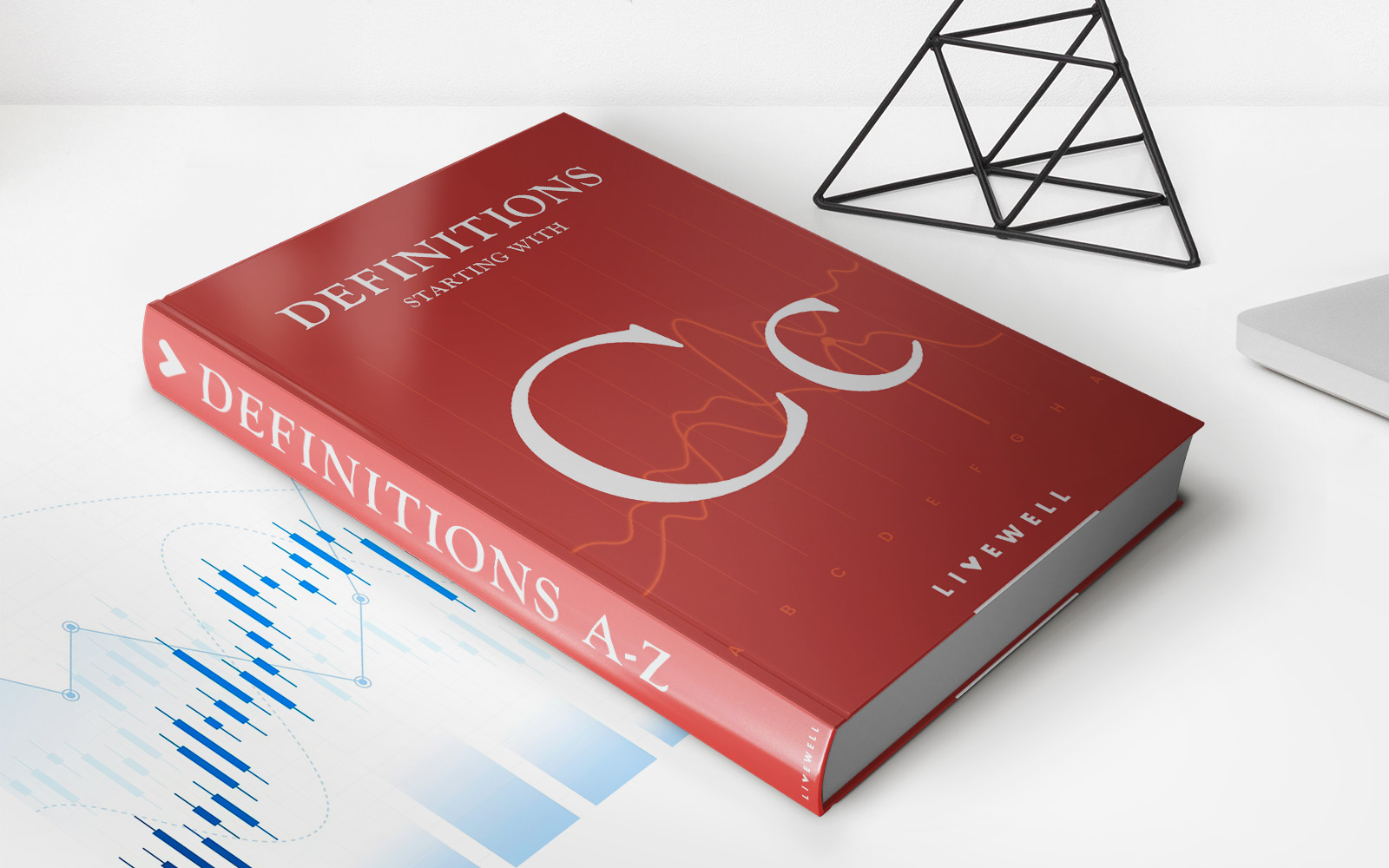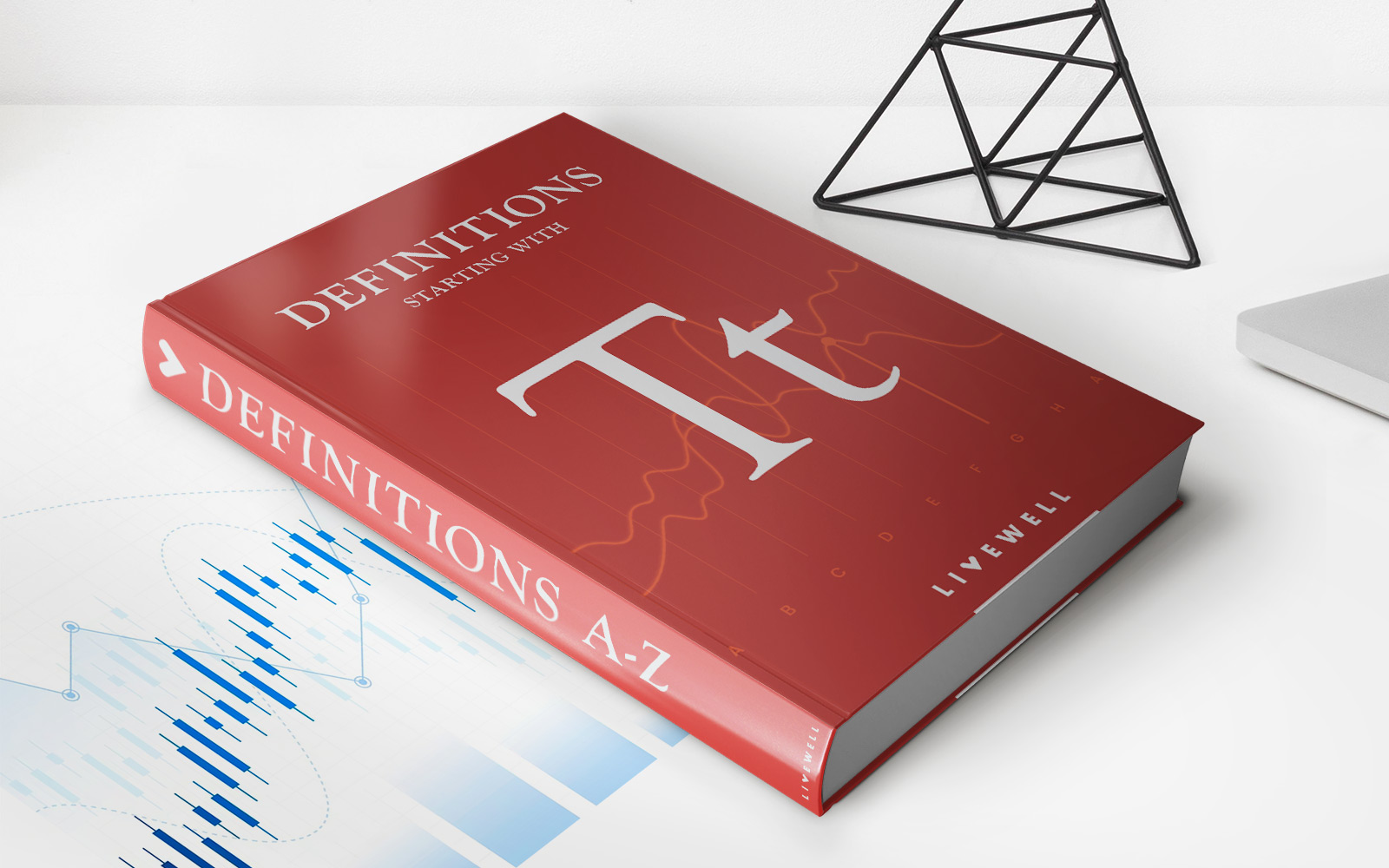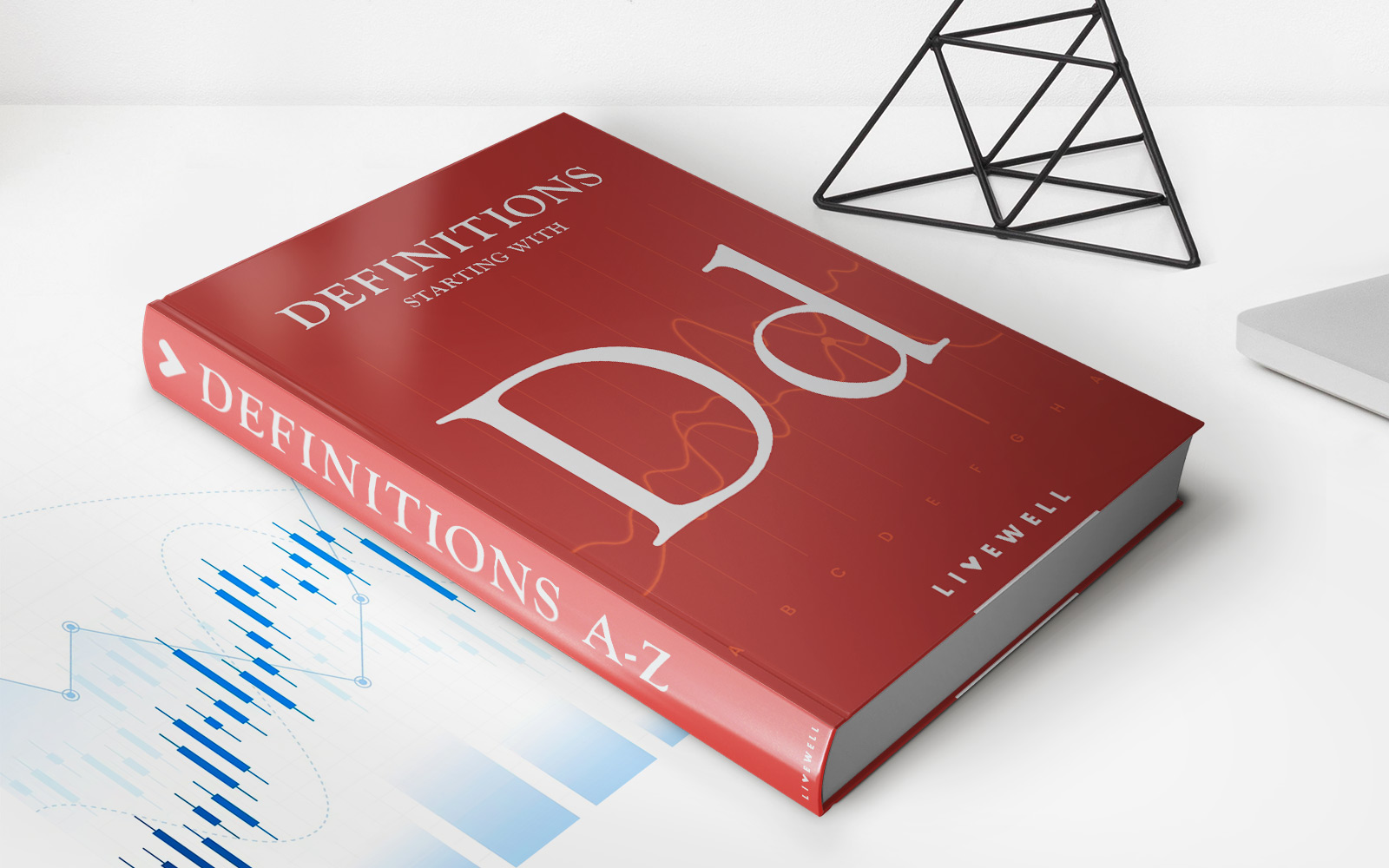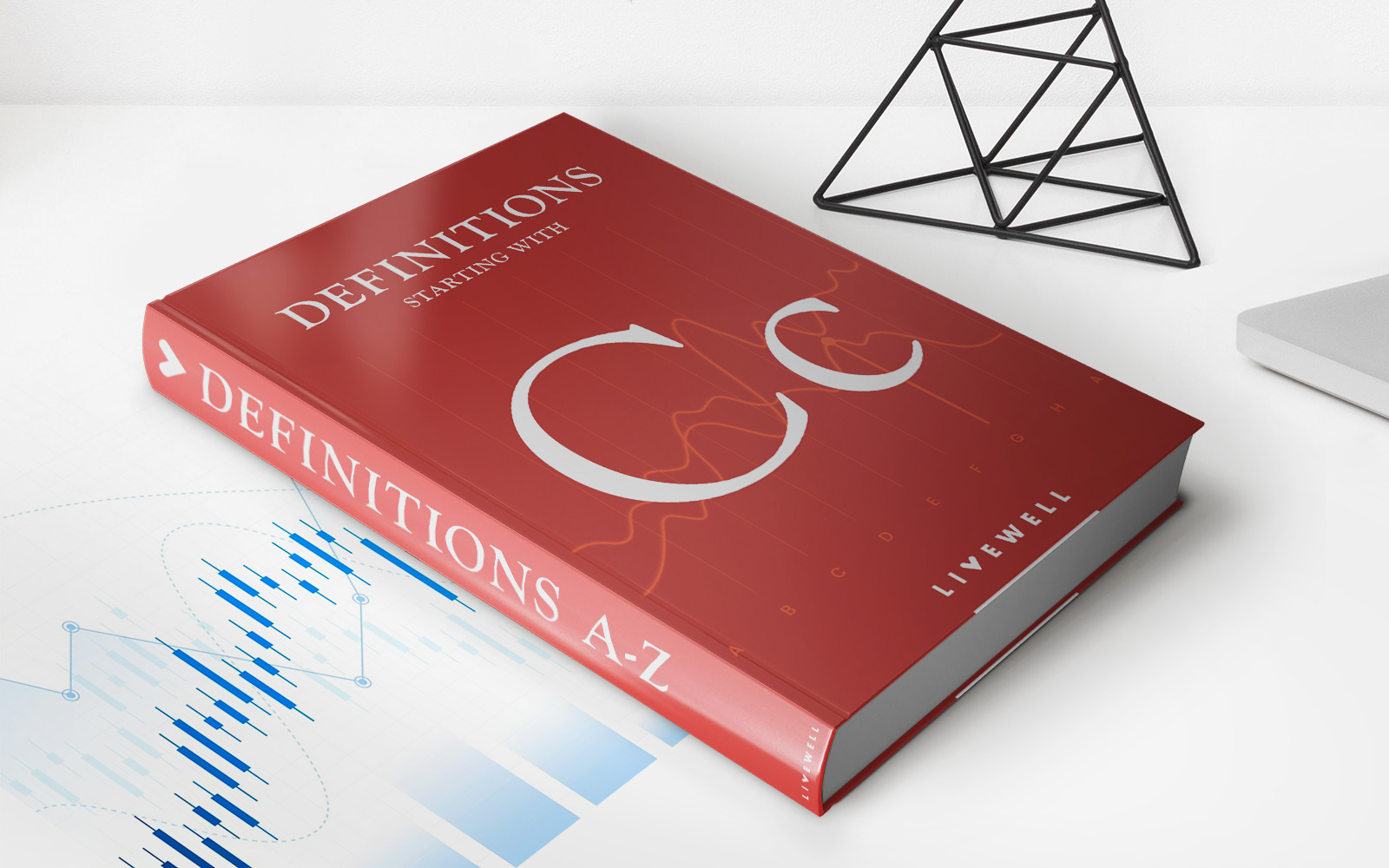Home>Finance>What Are Itemized Tax Deductions? Definition And Impact On Taxes
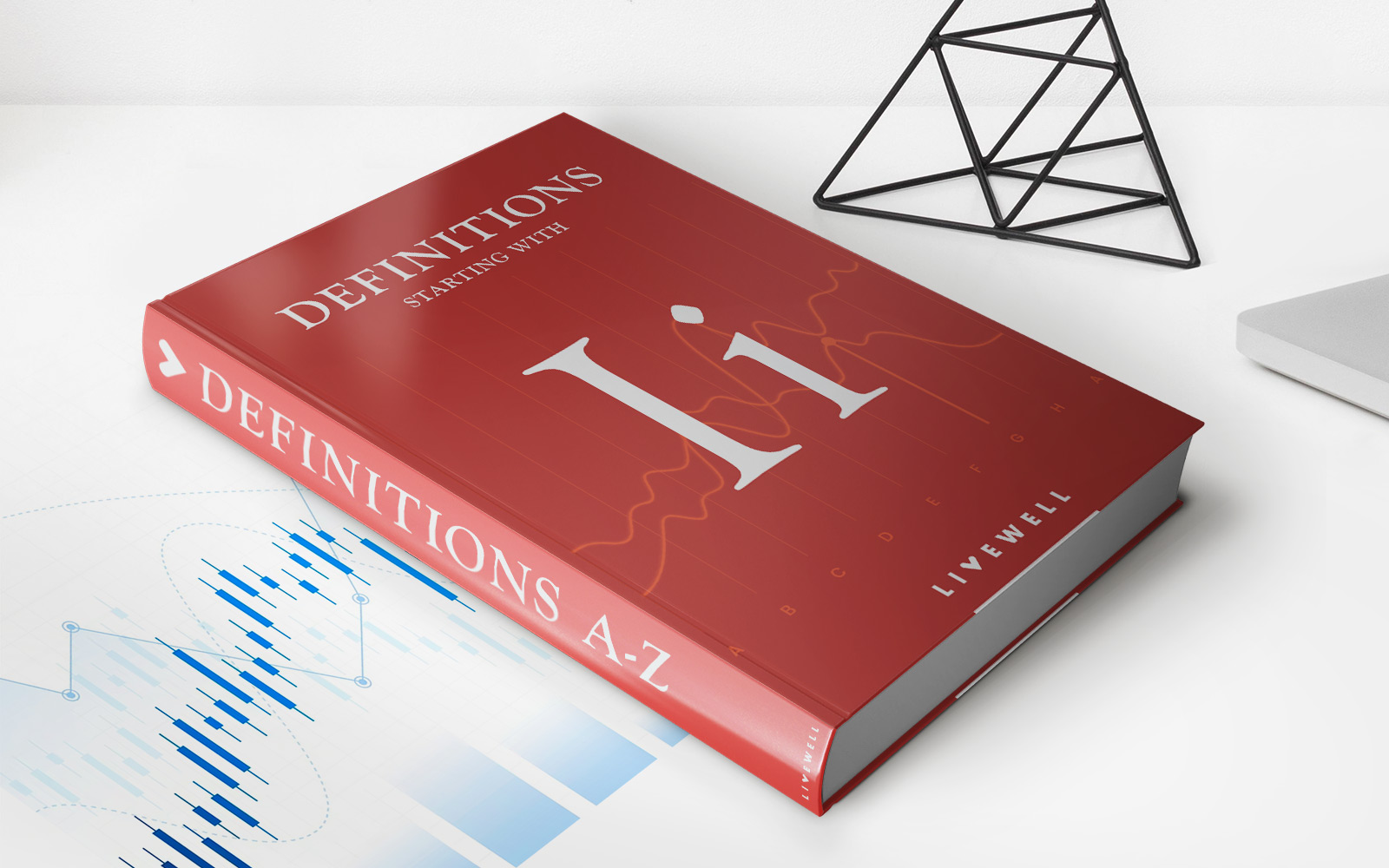

Finance
What Are Itemized Tax Deductions? Definition And Impact On Taxes
Published: December 14, 2023
Learn about itemized tax deductions, their definition, and how they can impact your taxes. Explore the financial implications of itemized deductions.
(Many of the links in this article redirect to a specific reviewed product. Your purchase of these products through affiliate links helps to generate commission for LiveWell, at no extra cost. Learn more)
Unlocking the Mystery of Itemized Tax Deductions
Are you ready to delve into the realm of itemized tax deductions? They may sound like a complex and intimidating concept, but fear not! In this blog post, we will unravel the mystery behind itemized tax deductions and explore their definition and impact on your taxes.
Key Takeaways:
- Itemized tax deductions allow you to deduct specific expenses from your taxable income, potentially reducing your overall tax liability.
- Common itemized deductions include mortgage interest, state and local taxes, medical expenses, and charitable contributions.
Now, let’s start with the basics. Itemized tax deductions are deductions that individuals can claim on their income tax returns. Unlike the standard deduction, which offers a fixed deduction amount based on your filing status, itemized deductions allow you to deduct specific expenses from your taxable income. By doing so, you may potentially reduce your overall tax liability and increase your chances of a larger tax refund or a lower tax bill.
Itemized tax deductions cover a range of expenses that you may have incurred throughout the year. Here are some common examples of itemized deductions:
- Mortgage Interest: If you own a home and have a mortgage, you can deduct the interest paid on your mortgage loan. This deduction can be significant, especially during the early years of your mortgage when most of your payments go towards interest.
- State and Local Taxes: You can deduct the state and local income taxes you paid during the tax year, as well as any property taxes on your primary residence or other real estate properties.
- Medical Expenses: Qualified medical expenses that exceed a certain percentage of your adjusted gross income (AGI) can also be deducted. This includes expenses such as doctor visits, prescriptions, and health insurance premiums.
- Charitable Contributions: Donations made to qualified nonprofits or charities may be eligible for deduction. Keep in mind that documentation, such as receipts and acknowledgments, may be required for larger contributions.
These are just a few examples of itemized deductions. It’s important to note that not everyone will benefit from itemizing deductions. Depending on your financial situation and the total amount of your eligible expenses, it may be more advantageous to take the standard deduction instead. The choice between itemizing and taking the standard deduction should be based on a careful evaluation of your specific circumstances.
Itemized deductions can have a significant impact on your overall tax liability. By decreasing your taxable income, you may lower your tax bracket and potentially owe less in taxes. On the other hand, if you have significant expenses that qualify for itemized deductions, you may end up with a larger tax refund by itemizing instead of taking the standard deduction.
In Summary
Itemized tax deductions provide an opportunity to reduce your taxable income by deducting eligible expenses. While itemizing deductions requires more effort and record-keeping than taking the standard deduction, it can potentially result in significant tax savings. Remember, it’s essential to carefully evaluate your specific situation and consider the pros and cons of itemizing deductions before making a decision. If you’re unsure which option is best for you, consult with a tax professional who can guide you through the process.
So, there you have it – the ins and outs of itemized tax deductions. Armed with this knowledge, you can confidently navigate the world of tax deductions and optimize your finances. Happy tax season!




